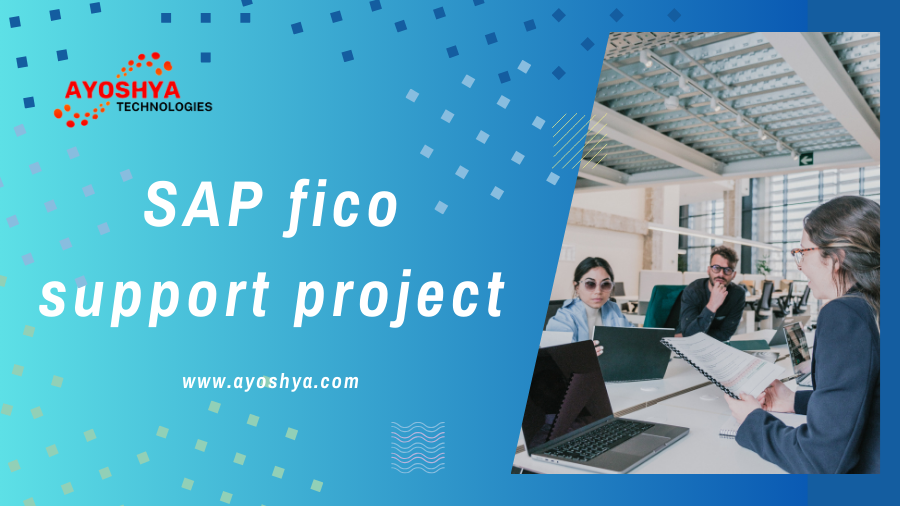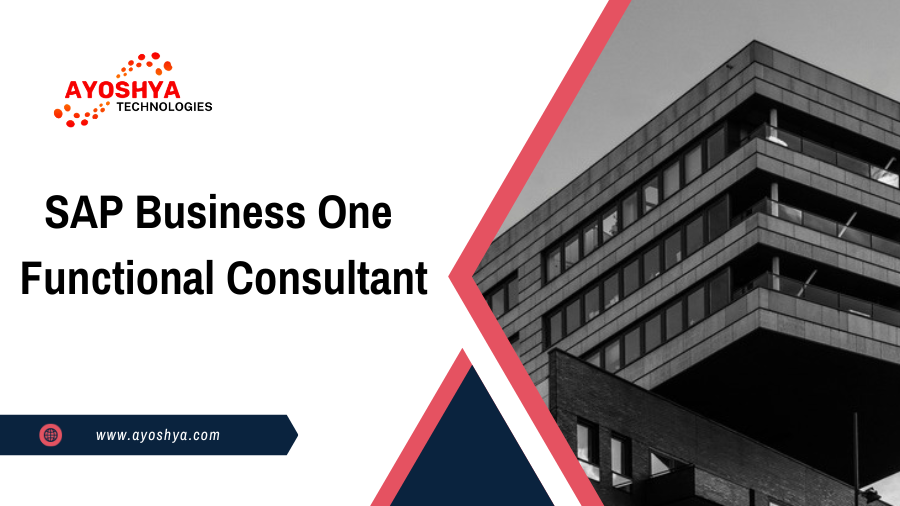Unlocking Business Potential with SAP Mobility Consultants
In today’s fast-paced business landscape, mobility is no longer just a convenience—it’s a strategic necessity. SAP Mobility Consultants play a pivotal role in enabling organizations to harness the power of mobility for improved efficiency, productivity, and competitiveness. In this comprehensive guide, we will delve into the world of SAP Mobility Consultants, exploring their responsibilities, the value they bring to businesses, and the future of mobility in enterprise solutions.
Understanding SAP Mobility Consultants
1. The Mobile Revolution
The proliferation of smartphones and tablets has transformed the way we work and conduct business. SAP Mobility Consultants are experts who specialize in extending SAP solutions to mobile devices, enabling real-time access to critical business data and processes.
2. Bridge Between Business and Technology
SAP Mobility Consultants serve as a bridge between business objectives and technology solutions. They collaborate with business stakeholders to understand their needs and translate them into mobile applications that streamline operations.
3. Custom Mobile App Development
One of the core responsibilities of SAP Mobility Consultants is the development of custom mobile applications. These apps are tailored to the unique requirements of each organization, optimizing workflows and enhancing user experiences.
4. Integration Expertise
Integrating mobile solutions with existing SAP systems is a complex task. SAP Mobility Consultants possess deep integration expertise, ensuring seamless communication between mobile apps and backend systems.
5. Security and Compliance
With the increasing volume of sensitive data accessed via mobile devices, security is paramount. SAP Mobility Consultant implement robust security measures and ensure compliance with data protection regulations.
6. User Training and Support
Ensuring that end-users can maximize the benefits of mobile solutions is crucial. Consultants provide training and support to empower users and address any issues promptly.
The Value of SAP Mobility Consultants
1. Enhanced Productivity
By providing real-time access to critical data and processes, SAP Mobility Consultant empower employees to make informed decisions and complete tasks faster, significantly boosting productivity.
2. Improved Customer Engagement
Mobile apps developed by SAP Mobility Consultant enable organizations to engage with customers more effectively, offering personalized experiences and quicker responses to inquiries.
3. Competitive Advantage
In today’s competitive landscape, staying ahead requires agility. SAP Mobility Consultant help organizations adapt quickly to changing market dynamics, giving them a competitive edge.
4. Cost Efficiency
Efficient processes and improved decision-making lead to cost savings. SAP Mobility Consultant optimize workflows, reducing operational expenses.
5. Future-Ready Solutions
As technology evolves, so do the capabilities of SAP Mobility Consultant. They ensure that organizations are equipped with future-ready solutions that can adapt to emerging trends.
Conclusion
In a world where business is conducted on the go, SAP Mobility Consultant is the architects of seamless mobility solutions. They bring together technology and business acumen to empower organizations with custom mobile apps, efficient workflows, enhanced security, and a competitive edge. By bridging the gap between business objectives and technology solutions, SAP Mobility Consultant unlock the full potential of mobility for businesses, enabling them to thrive in an increasingly mobile-centric world.
Frequently Asked Questions
1. What is the role of a SAP Mobility Consultant?
SAP Mobility Consultant specializes in extending SAP solutions to mobile devices, developing custom mobile applications, integrating mobile solutions with SAP systems, ensuring security and compliance, and providing user training and support.
2. How do SAP Mobility Consultants enhance productivity?
They provide real-time access to critical data and processes via mobile apps, enabling employees to make informed decisions and complete tasks more efficiently.
3. What is the competitive advantage of leveraging SAP Mobility Consultants?
Organizations can adapt quickly to changing market dynamics, engage with customers more effectively, achieve cost savings, and stay ahead of the competition.
4. Are SAP Mobility Solutions future-ready?
Yes, SAP Mobility Consultant ensure that organizations have future-ready solutions that can adapt to emerging technology trends and evolving business needs.
5. How do SAP Mobility Consultant address security concerns?
They implement robust security measures to protect sensitive data accessed via mobile devices and ensure compliance with data protection regulations.
Read More:
SAP in the Automobile Industry












